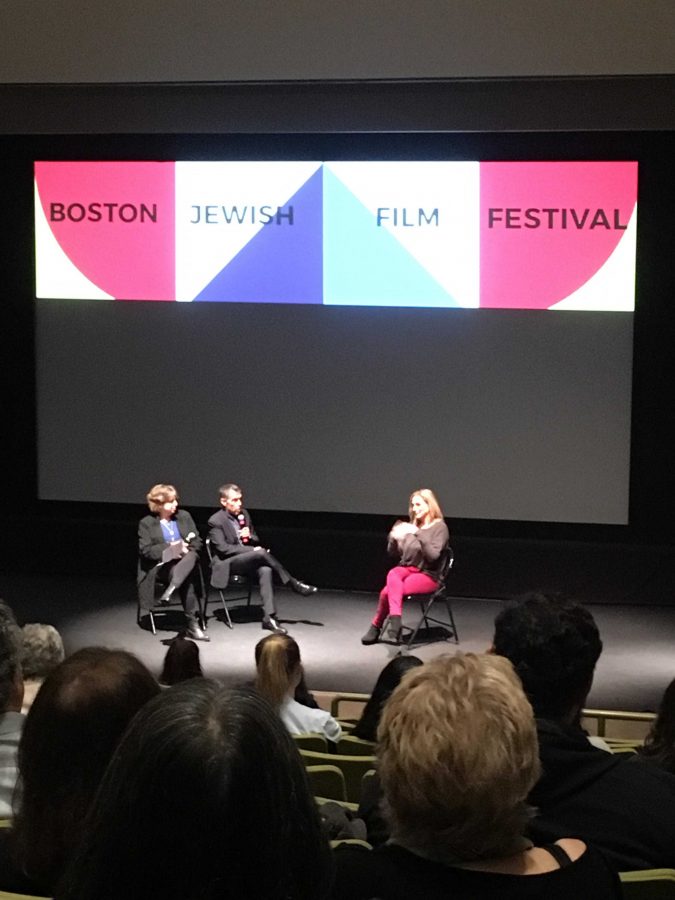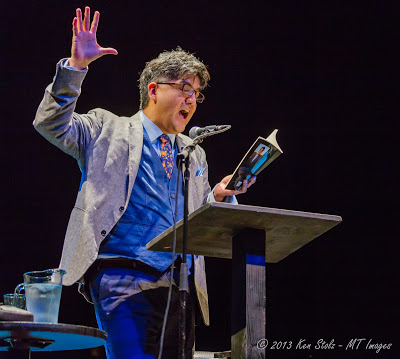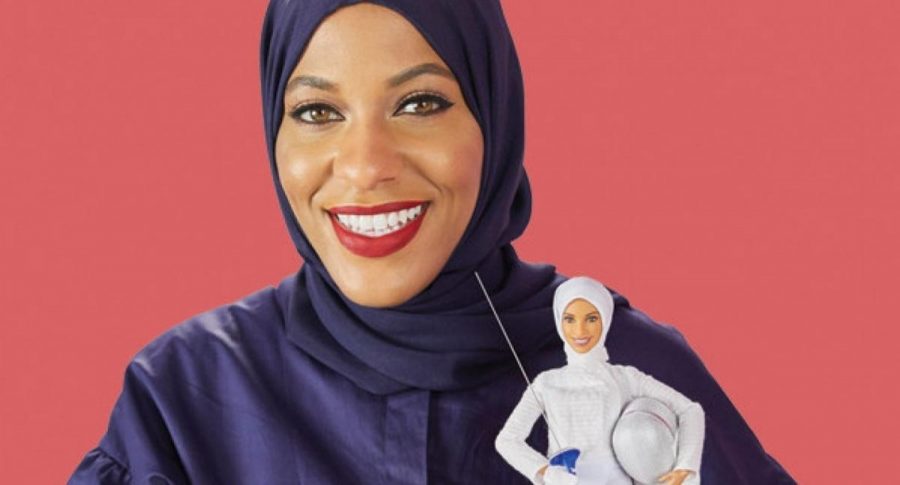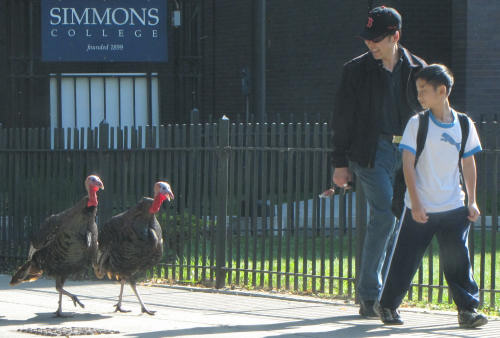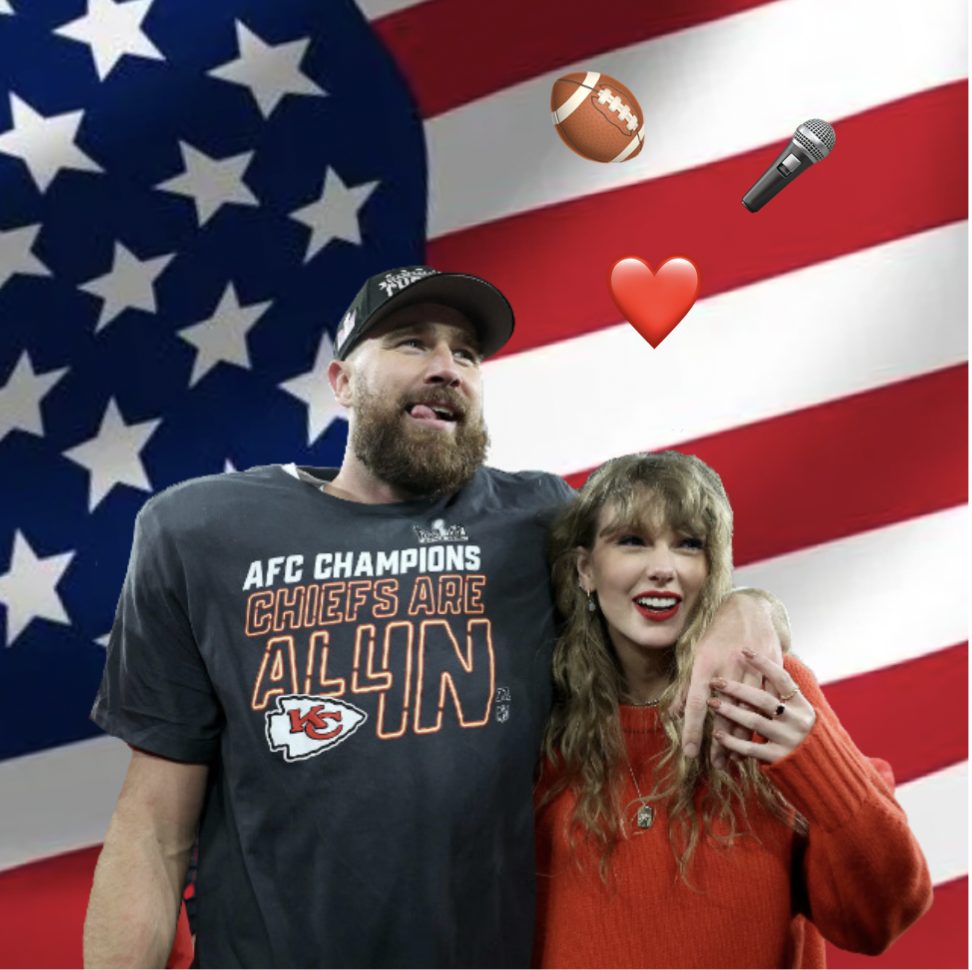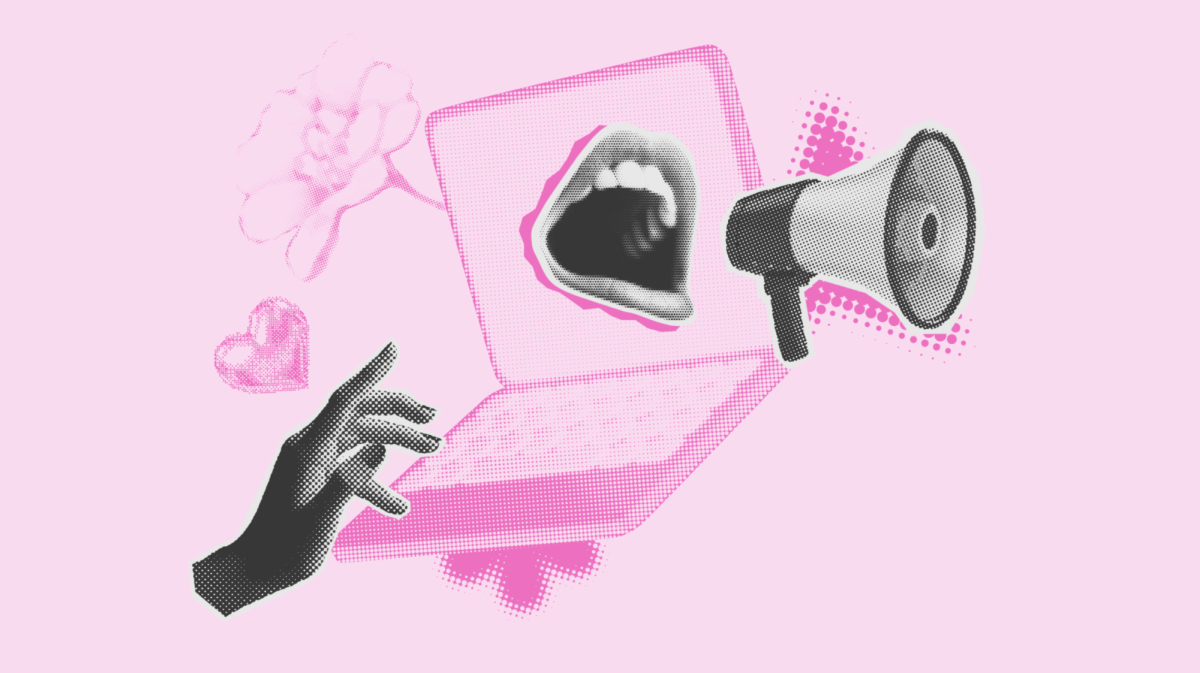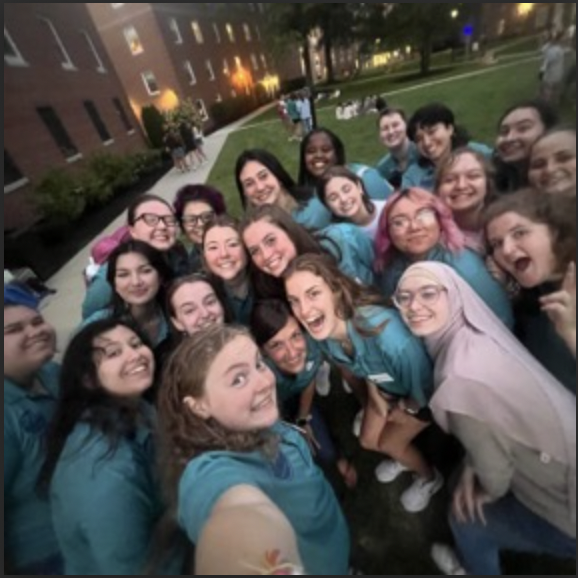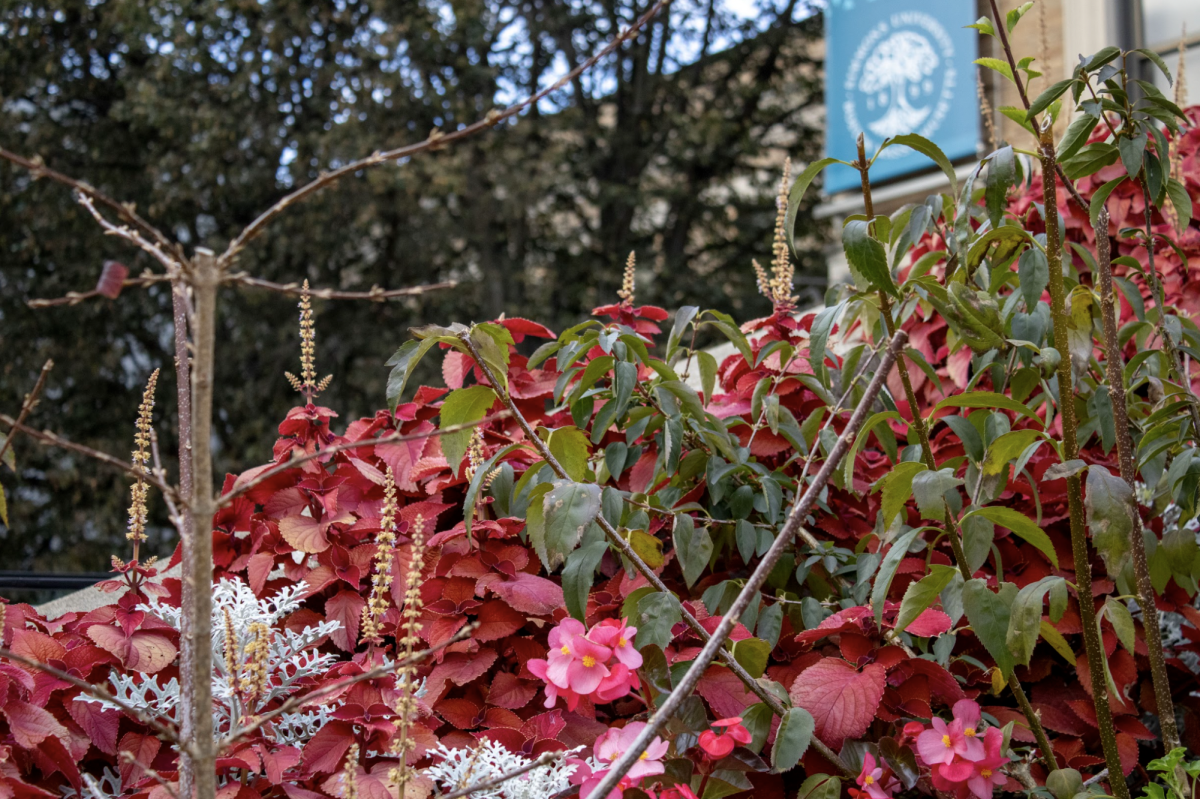By Emily Cole
Contributing Writer
Since I decided to write about this topic on Tuesday night, the night Donald Trump was elected President of the United States, I have had time to think. I originally wanted to write about how I felt about “Angry Activism,” or when a person shames or attacks another person for their statements regarding a social or political issue, rather than educates the person to spread awareness and activism. Since then, I have gained some perspective and clarity. While I still have similar views on the topic, I wanted to write about it with more precision and fewer election-filled emotions.

Let me start with a little background on who I am. I am white and I am cisgendered. Here and now I want to recognize that privilege. That being said, I am also a member of many marginalized communities: I am a woman, I am Jewish, I am LGBTQIA+, and I deal with mental health issues. These identities put me on both the side of ally and minority. And particularly in the last year this has come to light more than ever.
In our divided nation, not everyone is an ally. I know that makes me angry, and I cannot imagine how it makes other people feel. When I see people I know and even people I don’t being sexist, racist, anti-Semitic, homophobic, transphobic, Islamaphobic, xenophobic, or otherwise filled with hate, it fills me with rage.
I don’t understand how some people can be so hateful. I want to scream and tell them how wrong and awful they are. But I don’t; If there’s one thing I have learned, especially during the 2016 election, it is that hatred is difficult to change. It is often hard to educate and change those with bigotry and hatred because those feelings are deeply rooted.
What can be changed is ignorance. While often thought of as a negative adjective synonymous with stupidity, ignorance just means a lack of knowledge. Preschoolers tend to be pretty ignorant about the alphabet, and many adolescents and adults can be ignorant about social and political issues. It is not usually because they don’t care or don’t want to be more knowledgeable, it is more often than not that they weren’t exposed to the correct information, new information has become available that they weren’t aware of, or they simply made an honest mistake. This is the group of people I am speaking about when I call for activism practiced with kindness.
I do not condone people ignorant of social issues who turn to those they know in marginalized groups for education on these issues. It is unfair to assume any one person can speak entirely on issues affecting millions. I cannot speak for every Jew or Woman just because I am a Jew and a woman, just as one person of color or Muslim cannot speak for every person of color or Muslim. But on a more one-on-one basis, there is a need for more kindness and patience.
If someone you know says something insensitive, especially if it seems out of character, perhaps they are merely unaware or ignorant on the specific topic they are speaking on. I’ve found as an ally and as a minority that feedback, correction and education are taken best when presented with kindness. It’s also best when it is presented about the issue rather than the person.
A person who is ignorant or unaware is much more likely to be receptive to, “That information or standpoint is incorrect,” rather than, “You are ________ for saying/agreeing with that information or standpoint.” Someone whose heart is filled with hatred may not be receptive either way, but someone who is ignorant may just not have known enough. You could be the person who helps someone who is truly trying to be an ally to your community.
I no longer want to discourage anger, because I have realized that anger is an important part of activism. But I do want to encourage those in marginalized communities not to turn this anger on individuals who only mean to help, because pain never makes the world a better place. Instead try to practice kindness, as I will too, so we can better work together towards a brighter future.









